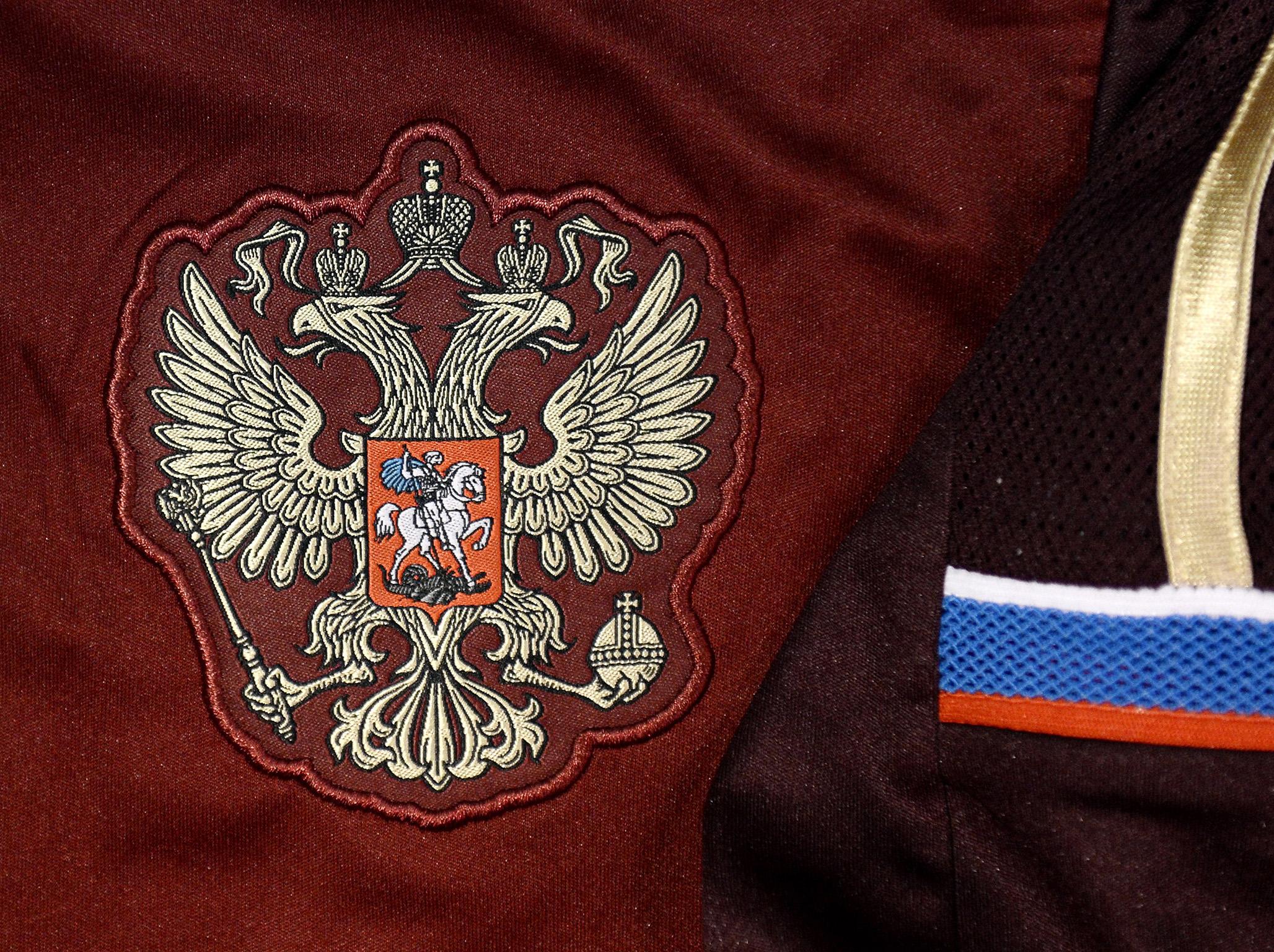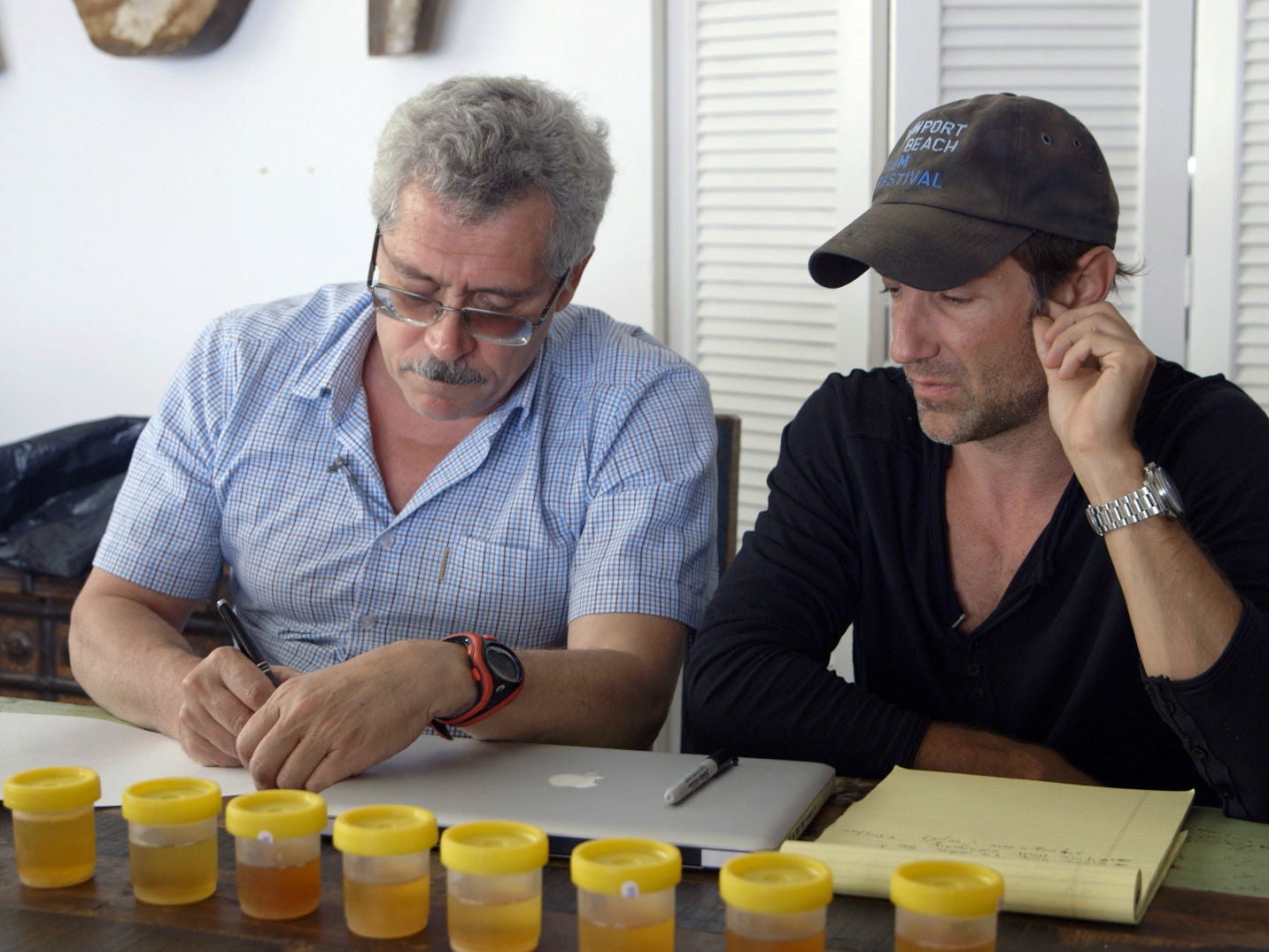Russian World Cup 2018 player was part of state-sponsored doping programme, says whistleblower Grigory Rodchenkov
Rodchenkov said that he was aware of 34 doping footballers, whose positive tests were covered up, from his time administering doping in Russian football

Your support helps us to tell the story
From reproductive rights to climate change to Big Tech, The Independent is on the ground when the story is developing. Whether it's investigating the financials of Elon Musk's pro-Trump PAC or producing our latest documentary, 'The A Word', which shines a light on the American women fighting for reproductive rights, we know how important it is to parse out the facts from the messaging.
At such a critical moment in US history, we need reporters on the ground. Your donation allows us to keep sending journalists to speak to both sides of the story.
The Independent is trusted by Americans across the entire political spectrum. And unlike many other quality news outlets, we choose not to lock Americans out of our reporting and analysis with paywalls. We believe quality journalism should be available to everyone, paid for by those who can afford it.
Your support makes all the difference.Russian doping whistleblower Grigory Rodchenkov has said that he recognises one of Russia’s World Cup squad from his own doping programme.
Rodchenkov ran the Russian doping programme for years as the director of the national anti-doping laboratory who was responsible for covering up positive tests. He then turned whistleblower and is now in witness protection in the United States. He was speaking on Thursday afternoon to the ‘Sports, Politics and Integrity’ conference in London via videolink from a secret location in the US, obscuring his face with a balaclava. He said there is now a “great threat” to his life.
While Rodchenkov said that there is “no comparison” between the extensive Russian doping in weightlifting and athletics, and the lesser doping in football, he did say that he was aware of 34 doping footballers, whose positive tests were covered up, from his time administering doping in Russian football. Many of these cases were dropped without investigation.

Rodchenkov said that his former boss, Vitaly Mutko, the former Russian sports minister and head of the Russian Football Union, had told him “not to touch” footballers and to make sure that none were ever punished for doping, to make sure there was “no noise”, especially connected to the national team. Rodchenkov said that most doping for footballers would involve corticosteroids.
“As director of one laboratory, I was supervising whole process of doping control,” Rodchenkov said. “Mutko, as my boss and the senior man in football, said don’t touch football players. ‘If you have any problems, report to me.’ Usually I would report to my direct boss, the vice minister. But in this case I would just report to Mutko.”
Of the list of 34 footballers whose doping had been covered up by his laboratory, Rodchenkov said he recognised one name in the current Russian squad. “There were 34 footballers listed in the doping control programme, playing at junior, under-23, ladies and senior levels. It’s very important that they are still being investigated because we had initial tests but then the procedure was stopped and reported negative,” Rodchenkov said. “I recognise only one name from the list for the national team.”
Asked by interviewer David Eades to confirm that he recognised one current Russian footballer from the list of 34 footballers whose doping had been covered up, Rodchenkov confirmed yes.
But Rodchenkov said that other sports such as weightlifting and athletics had even worse doping problems than football. “Weightlifting is 99.99% to do with doping control, and athletics is 90%,” Rodchenkov said. “When we are talking about weightlifting and athletics, there is a huge gap compared to football.”
The Russian Football Federation has been contacted for comment.
Join our commenting forum
Join thought-provoking conversations, follow other Independent readers and see their replies
Comments